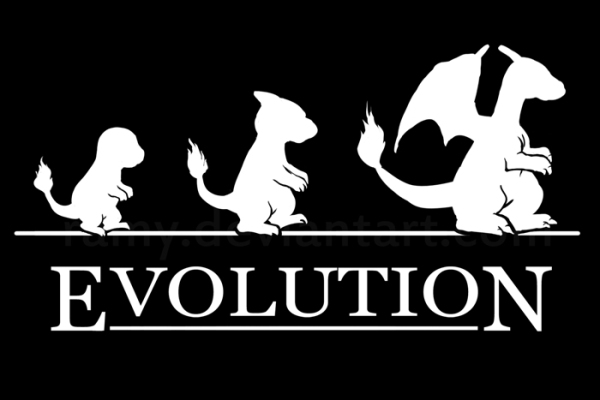Hello meta-audiences! There has been something on my mind
lately: life is busy and time is short. We all have our own thing going on and
we give priorities and spend time on what we value. Truthfully, my talks of
metaliteracy are academia related and serve as a requirement for me. My enthusiasm
for it varies. Metaliteracy does seem like an abstract concept after all,
probably because it sounds too weird and it's hard to get motivation going.
But as I may have mentioned, many of us in some way are metaliterate.
Now if we forget about learning this meta-monster for a moment, put a pause on academics,
and think about actual forms of metaliteracies, maybe we can learn without the
weird taste of being schooled in your mind, welcome this word (metaliteracy) into
our dictionaries.
I’m sure at some point we all went on Youtube, Facebook, or Twitter. These are 3 big websites of the modern social world. We may like to watch videos, find out whats happening in
people’s lives, read tweets and so on. We know this as social media and entertainment
(in academia: media literacy). Ok taking
this one step further, let’s contribute to the video, post, or tweet that we have
just witnessed (and walk into the realm of metaliteracy). And I’m not talking
about just a thumbs up I mean like really say something about whatever you
looked at or listened to.
You ever saw how passionate people can argue especially
online? (Though sometimes the essays of conversation could turn your
attention away.)
Well if you find that they make a good point or you ever
thought “Hey, I didn't think of that” or “that’s something new” then behold
what you see is an example of metaliteracy. And let’s turn our minds to
education mode and keep this piece of knowledge.
The back and forth of information and ability for discussion
is what drives this word: metaliteracy.
From what I gather every time we learn and expand our mind
we are becoming more literate, any other form besides meta-. To transform our
literacy into metaliteracy gives a little effort when we spew out a little
information like kids at show-and-tell.




